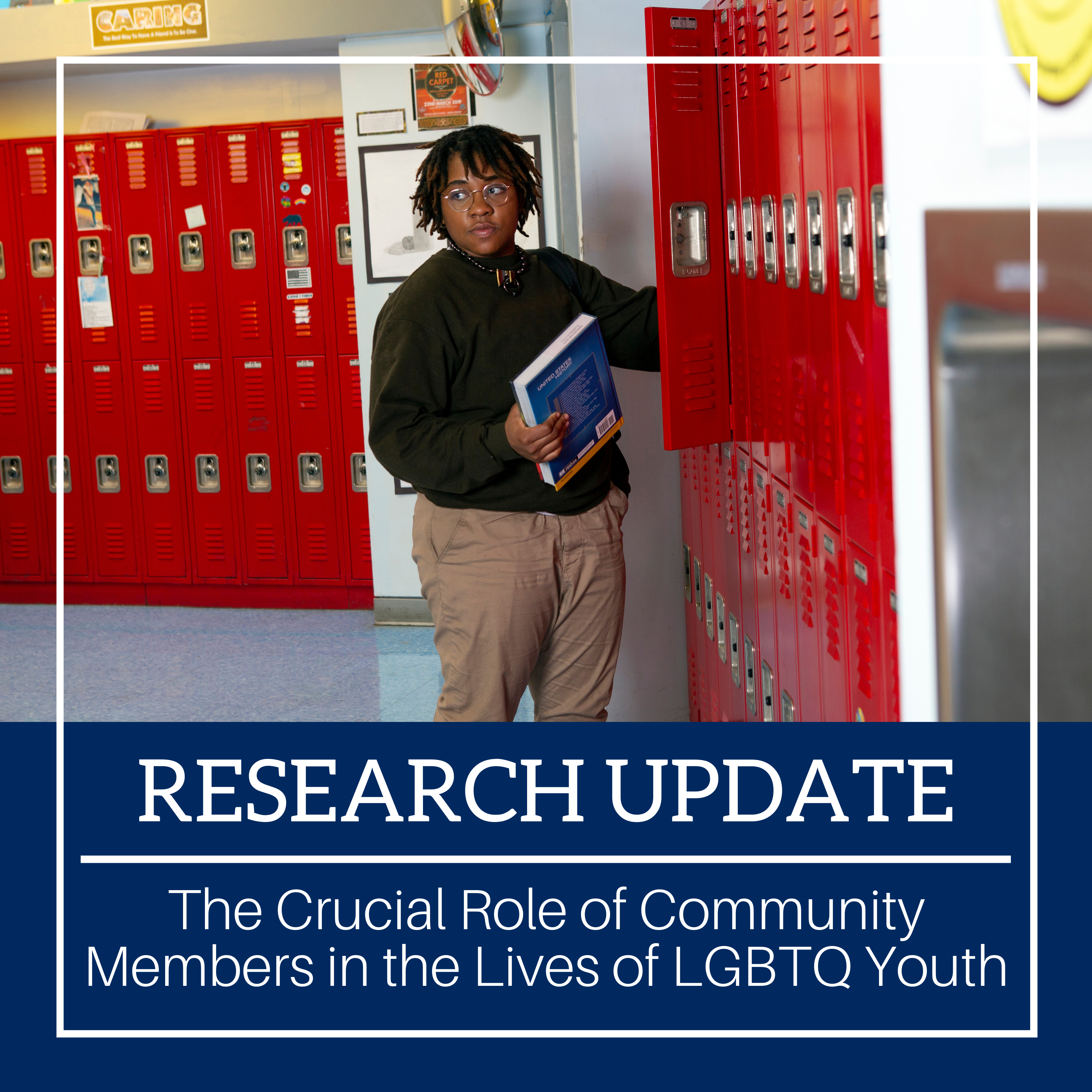Blog
Mentoring Relationships and the Importance of Racial-Ethnic Identity
Due to a growing racial-ethnic minority population, youth mentoring in the United States is becoming more diverse. In 2019, almost half of the youth population identified as a racial or ethnic minority with projections for this growth to continue. However, research shows that over half of formal mentors don’t speak to their mentees about their racial-ethnic identity. This may be because the majority of mentors in these studies do not share the same racial-ethnic identity as their mentees and/or aren’t sure how to discuss race or ethnicity with their mentees.
With the increasingly diverse youth population, it is of the utmost importance to examine ways in which racial-ethnic identity impacts mentoring relationships and youth outcomes. In doing so we can better support mentors in helping youth navigate their racial-ethnic identity development.
What’s Racial-Ethnic Identity?
Racial-ethnic identity is broadly defined as how people self-categorize themselves according to various racial, ethnic, and/or cultural beliefs. Adolescence is considered a critical developmental period in which youth start to explore their racial-ethnic identity. Having a positive racial-ethnic identity has been related to important youth outcomes such as less depression and greater self-esteem.
Racial-Ethnic Identity and the Role of Mentorship
Mentors are a great developmental asset for youth and can play a significant role in helping youth navigate both their racial-ethnic identity exploration and experiences they may have with racial-ethnic discrimination. When youth in both formal and informal/natural mentoring relationships (i.e., relationships with nonparental adults that youth self-identity) share the same racial and/or ethnic identity with their mentor, they tend to report more positive racial-ethnic identity. But mentors do not have to share the same racial-ethnic background in order to promote positive development. Supporting a mentee’s identity exploration and talking with youth about their racial-ethnic background and culture can facilitate positive youth outcomes.
Search Institute’s Positioning Mentors as Social Capital Builders project is further deepening our understanding of how high-quality developmental relationships with adult mentors can support youth’s racial-ethnic identity. Preliminary findings show that when youth report that their mentors provided support for their racial-ethnic identity (e.g., “My mentor makes me feel proud of my racial/ethnic background and culture.” and “My mentor seems interested in my racial/ethnic background and culture.”), youth were also more likely to report having a stronger racial-ethnic identity. Moreover, when youth reported having a strong racial-ethnic identity they also reported seeking more support from their mentor, and that their mentor was more likely to connect them with other important people in their lives such as peers and family members. Thus, having a strong racial-ethnic identity plays an important role in cultivating positive outcomes in these mentoring relationships.
For some youth, sharing a racial-ethnic background with their mentor may be meaningful. Mentors who share the same racial-ethnic identity as their mentee may be better positioned to provide support by sharing similar life experiences and discussing their own racial-ethnic identity with their mentee. As illustrated in the Positioning Mentors as Social Capital Builder’s project, one young person reflected on how a shared ethnic background made their bond grow stronger as the mentor was already aware of certain celebrations that were important to the youth:
“Me and my [mentor] are from the same ethnicity and stuff. So it made our bond grow. I feel like it made our bond grow deeper and was easier to talk about. For example, when we were talking about celebrations, I wouldn't have to explain it and all this stuff. She would already know… And when we were talking about topics that involved my city and stuff, she would be able to understand it instead of me having to explain it…And to be aware of the issues that I look at and see through every day, that definitely made our bond stronger.”
Even when mentors do not share the same race-ethnicity as their mentee, there are several ways they can support their mentee’s racial-ethnic identity development. For example, one young person explained how she connected with her mentor’s family over the love of cooking. Her family and her mentor’s husband were able to share foods from their different cultures:
“I told my Big [mentor] that my mom makes a lot of types of delicious foods and she’s the cook of the house and then I figured out my Big’s husband is also the cook of the house, so they love cooking. Because my mom, she’s Salvadorian, she makes pupusa and then he’s like, “I’ve never tried those.” I showed them, and I was like, “it’s really good.” I was like, “we get to try some.” I connected their talents when I got to meet him. Although it was different cultures, they still appreciate each other's cultures.”
Enhancing Mentoring Relationships Through Racial-Ethnic Identity Awareness
Below are some practical tips that mentors might consider to support young people’s racial-ethnic identity development:
- Establishing open communication: Prior to engaging a young person in conversation on topics surrounding racial-ethnic identity, mentors should first establish a trusting relationship that is filled with open communication, empathy, and a safe space for youth to want to engage in these conversations. You may start by talking about your own race-ethnic identity as a way to model positive behaviors and attitudes.
- Reflecting on one’s own biases: Through engaging in self-reflection and education you can increase awareness of your own biases surrounding race-ethnicity. You can also engage in these reflection practices with your mentee with care and sensitivity after establishing trust.
- Understanding intersectionality of identities: Lastly, it is important to recognize that racial-ethnic identity is just one aspect of a youth’s overall identity, and for some youth, race and ethnicity are not as salient as other identities. There are many intersecting identities a youth can have related to other domains – gender, sexual orientation, faith – and to their personal interests and talents. Thus, understanding these nuances when engaging in these conversations surrounding their identity is imperative. Activities like Search Institute’s Identity Wheel Activity creates opportunities for you and your mentee to learn more about your identities.
We need mentors from diverse backgrounds to support the growing diversity of our youth population. But for any mentor, regardless of background, understanding and acknowledging one’s racial-ethnic identity and finding out what it means to youth can foster deep and meaningful mentoring relationships.
Gloria Stout is a 4th-year doctoral candidate in the Human Development and Family Sciences (HDFS) department at the University of Texas at Austin. Her research interests focus broadly on race-related stressors, social support/supportive relationships, and mental health outcomes among Black and other minoritized youth. Gloria is originally from Richmond, Virginia, and holds a B.A. in psychology from the University of Virginia and an M.A. from UT Austin in HDFS. Gloria is one of Search Institute's 2024 Summer Scholar Fellows.



.png)